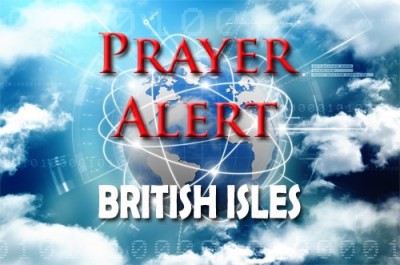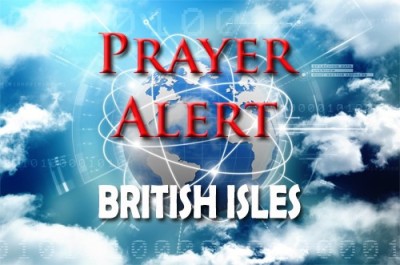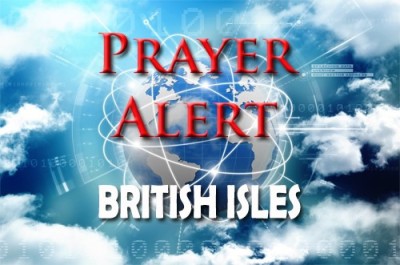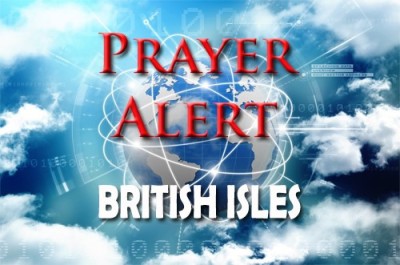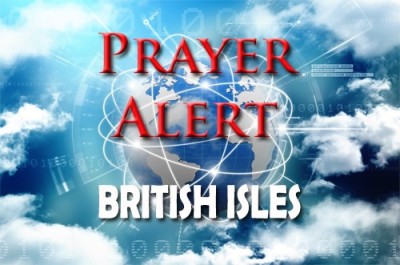The World Bank has estimated Syria’s post-war reconstruction will cost at least $216 billion, with possible totals ranging from $140 billion to $345 billion. Its ‘Syrian Conflict: Physical Damage and Reconstruction Assessment (2011–2024)’ report found $108 billion in direct physical destruction—around one-third of the country’s total capital stock. Infrastructure suffered nearly half the damage ($52 billion), followed by homes and public buildings, with Aleppo, Rif Dimashq, and Homs the hardest-hit regions. Syria’s economy has shrunk dramatically, with GDP down 53% since 2010, from $67.5 billion to just $21.4 billion. The report warns that reconstruction costs now amount to ten times the country’s current GDP, while sanctions, depleted reserves, and minimal capital investment leave the government unable to rebuild alone. Finance Minister Yisr Barnieh called for urgent global support to restore infrastructure and rebuild communities. Following Bashar al-Assad’s flight to Russia last year, Syria’s new government under President Ahmed Al-Sharaa has begun reforms aimed at stability, investment, and national recovery.
Arizona State University football player Jordyn Tyson has boldly shared how his renewed faith in Jesus has transformed his life on and off the field. After wearing a “Jesus Won” T-shirt during a post-match press conference, Tyson told reporters he was “diving into my faith completely,” describing the Bible as “the instructions to life.” He said studying Scripture has strengthened his discipline, decision-making, and focus during training and matches. Tyson’s spiritual journey deepened through his college experience with the Fellowship of Christian Athletes, leading to his baptism in March. He now identifies not primarily as a football player but as “a follower of Christ.” Reflecting on past struggles and injuries, he believes God used trials to mature his faith. “Jesus had His hand on me my whole life,” he said, adding, “He paid the price on the cross. He won for us.” Tyson’s testimony continues to inspire teammates to pursue God together both on and off the field.
Contemporary Christian singer Evan Craft, known for hits in both English and Spanish, has expanded his ministry with his debut book *The Extra Mile*. In it, he shares a vulnerable and deeply personal account of faith, anxiety, and God’s call to serve with sacrificial love. Inspired by missionary Reinhard Bonnke’s biography, Craft recounts how his own struggles — including anxiety and his band quitting — became opportunities to discover God’s strength in weakness. “God is big enough to receive our doubts,” he says, urging believers to act in obedience even when they don’t feel strong. The book redefines “going the extra mile” as showing radical love through humble service, not pursuing fame or success. Craft’s faith became practical on a bicycle tour through South America, where he included two disabled Venezuelan riders to raise funds for their prosthetics. His message is clear: God uses imperfect people who are willing to love others and serve faithfully in simple, everyday ways.
UK inflation held steady at 3.8% in September, slightly below expectations and suggesting the current spike may have peaked. Economists predict a gradual decline through spring as last year’s regulated price rises drop out of the index, with inflation potentially nearing the 2% target by late next year. Although still nearly double the Bank of England’s goal, stability in food and energy prices has reduced the risk of inflationary “doom loops” where rising wages and prices fuel each other. The improved outlook has prompted renewed speculation about interest rate cuts — possibly four over the next year, bringing rates down to 3%. Market confidence has lifted, with government borrowing costs falling to their lowest levels in months. Chancellor Rachel Reeves, who recently pitched Britain as “the best place to invest,” now has slightly more room to manoeuvre ahead of a challenging Budget. However, analysts warn that new tax measures or global shocks could quickly reverse these gains.
The Metropolitan Police have begun testing an advanced “Drone as First Responder” system, deploying remotely operated aircraft across London to assist officers in real-time emergencies. The drones can reach incident scenes within two minutes, streaming live footage back to control rooms to support decision-making, locate suspects, or find missing people. The pilot scheme, launched in Islington, will extend to the West End and Hyde Park by December. Assistant Commissioner Laurence Taylor said the technology offers a faster, quieter, and more environmentally friendly alternative to helicopters, providing “a vital new tool to tackle crime in the capital.” The drones are stored in weatherproof rooftop pods, ready to launch automatically when activated by control room staff. Their live imagery helps determine how many officers or resources are needed at the scene and can guide rapid arrests. Similar trials are underway in several UK police forces, with national chiefs calling it a major step forward in precision policing and public safety.
A migrant who was deported to France under the UK’s new “one in, one out” return scheme has crossed the Channel again and re-entered Britain. The Iranian man, removed on 19 September, reportedly fled back four days ago, saying he feared for his life in France after being abused and threatened by smuggling gangs. He told *The Guardian* that he was treated “like a worthless object,” forced to work, and threatened with a gun. Human rights advocates say his case exposes serious flaws in the rushed removals process, claiming some deported individuals received inadequate legal advice and faced mistreatment. The Home Office insists it will not tolerate “abuse of our borders” and that anyone re-entering illegally will again be removed. The UK-France treaty aims to deter Channel crossings by returning migrants whose asylum claims are rejected while accepting others with legitimate protection needs. Despite this, crossings continue to rise, now exceeding 36,800 so far this year.
The government’s grooming gang inquiry has plunged into crisis after Jim Gamble, its expected chair, withdrew, calling it a “toxic political football.” His resignation followed that of four survivor-panel members, who said they would only return if safeguarding minister Jess Phillips resigned. Victims accused Phillips of lying to MPs and publicly discrediting survivors to “save her own skin.” Fiona Goddard, a grooming gang survivor, produced evidence contradicting Phillips’s claims about the inquiry’s scope. Senior Conservatives and some Labour MPs have joined calls for her resignation, while children’s minister Josh MacAlister defended her record as a “lifelong advocate for victims.” In an attempt to stabilise the process, Sir Keir Starmer appointed Baroness Casey to advise on rebuilding trust and appointing a new chair, insisting the inquiry “will never be watered down.” Jim Gamble and Annie Hudson both withdrew from the process to be appointed as Chair of the inquiry. Gamble said he withdrew because the process had become politically poisoned, overshadowing the voices of victims the inquiry was meant to serve. Survivors now await leadership they can trust. See
Kingdom Bank, a Christian financial institution dedicated to serving churches and believers, has been listed among the UK’s 500 fastest-growing companies. Ranked 380th overall, the bank attributes its success to God’s provision and the faithfulness of Christians who save with them. Their deposits enable the bank to provide mortgages for evangelical churches seeking permanent buildings for worship and community outreach. Chief Executive Paul Houghton said the recognition reflects “the increasing and urgent demand from churches across the UK” and the vital role of faith-based finance in supporting Gospel ministry. Kingdom Bank was also placed 302nd for profit and 193rd for profit margin, with all surpluses reinvested to expand lending capacity to churches, charities, and ministry workers. Looking ahead, the bank’s continued growth depends on more Christians choosing to save with them. “Every pound saved helps more churches secure a permanent home for mission,” said Houghton, reaffirming Kingdom Bank’s vision to strengthen the Church’s long-term witness across the UK.



